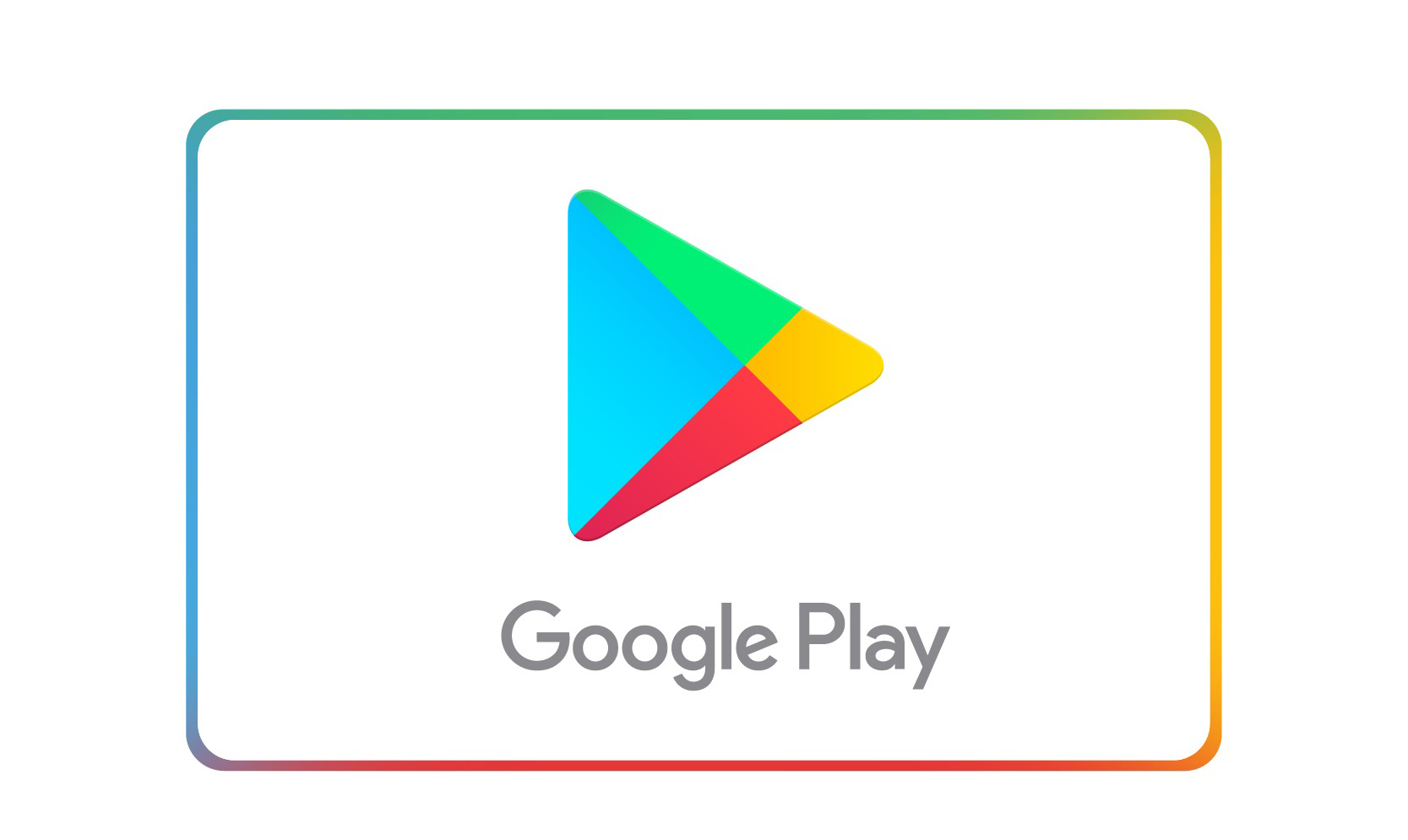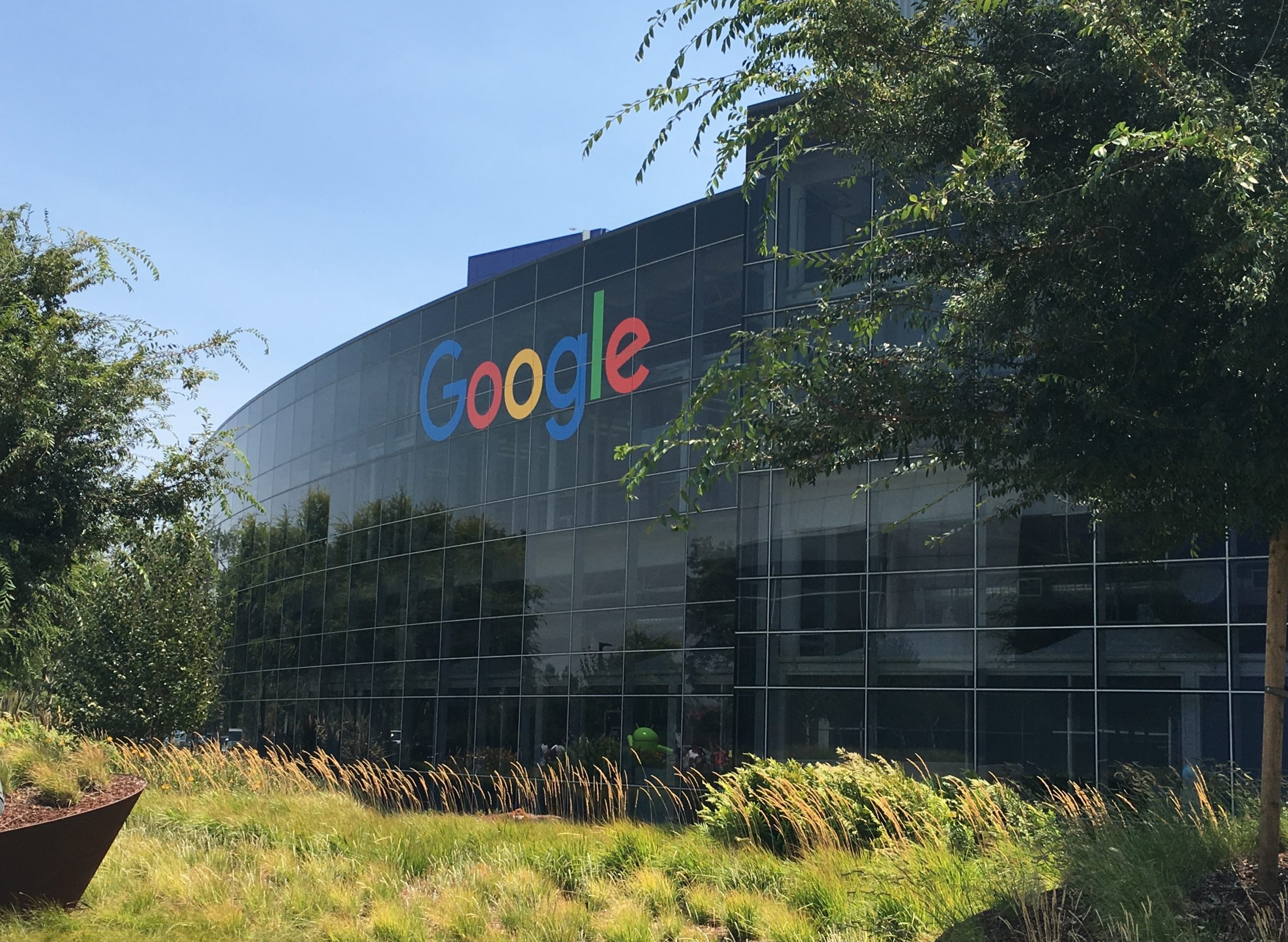For a platform long praised for being promoting and open choice, the truth has been exposed from the unredacted documents submitted in the Epic v. Google case as they reveal that the search engine giant has an anti-competitive side.

Despite being able to download and install third-party apps, Google negotiated a “Premier Device Program” with Android device makers to keep its Play Store as the dominant app store. Google did the same in a separate program with game developers, offering them significant financial incentives to keep their titles on its app store.
Court documents show that Motorola, LG and HMD Global, the maker of Nokia phones, are part of the Premier Device Program. Premier devices are effectively required to make Google services the default settings for “all major features” for up to 90% of the manufacturer’s Android phones. This includes blocking apps that can install APKs on the device, with the exception of app stores developed for and managed by the respective original equipment manufacturers (OEMs). In return, Google promised a higher share of search revenue generated on the device, raised from 8% to 12%, which is not an insignificant boost. In some cases, Google also agreed to share up to 6% of the “Play Spend” revenue from the Play Store, i.e. how much money the phone brought in for Google based on the user’s interactions.
In addition to the brands mentioned above, Sony, Sharp, Xiaomi and BBK Electronics, including OnePlus and foreign brands like Vivo and Oppo, were also involved in the program. Google had even signed contracts with mobile carriers to prevent them from opening app stores to compete with Android’s app marketplace – clear evidence that deep pockets prevent innovation and competition.
Google had a lookalike incentive-based program for game developers, called initially “Project Hug” but later, renamed the “Apps and Games Velocity Program.” The thinking behind it was to “hug developers tight and show them love” and “give top games and developers extra promotion/love.” Google paid these game developers hundreds of millions of dollars to make sure their games were accessible on the Play Store.

Epic Games claims that Google forged the program because it feared that other game publishers would follow suit by launching Fortnite on Android devices. Epic had originally released Fortnite outside of the Play Store in order to forgo the 30 percent revenue share. But Google didn’t like that. A report referenced in the documents indicates that Google Play’s finance team had expressed concerns that Epic would spark a movement within the industry and convince other OEMs to promote preloaded app stores and downloaders that would rival the Play Store.
Google had estimated that a separate Epic Games Store on Android would cost the company up to $1.4 billion in lost revenue by 2022. If Amazon and Samsung’s app stores had followed suit, gained “full traction” and made as much money as Epic, the losses could grow to as much as $6 billion. That’s almost the equivalent of 22 anti-trust fines paid to the European Union.
Google told The Verge that it’s long had programs of these sorts to support its “best-in-class” developers. These programs are a sign of healthy competition between operating systems and app stores and benefit developers tremendously.
To its credit, Google isn’t doing anything that Apple and Amazon haven’t attempted, at least in terms of encouraging developers to distribute apps through its mobile platform. But Epic’s case against Google is certainly buffing out the veneer that the company is committed to openness on its mobile platform.
In the comment section below, let us know how you feel about the monopoly big companies sometimes impose on the market.

